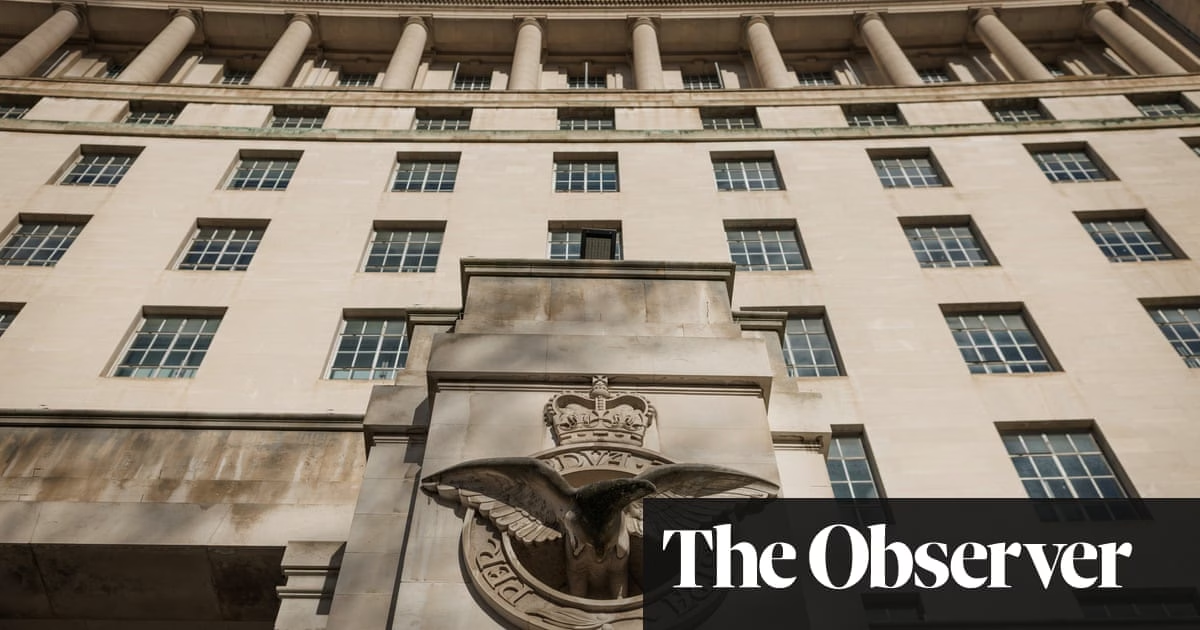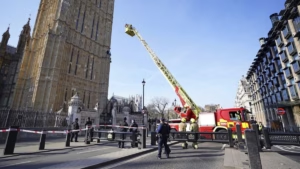The Ministry of Defence (MoD) has unveiled a detailed guide for censoring official documents, a move aimed at balancing transparency with the need to safeguard sensitive governmental information. This guide, referred to as the “blue guide,” was disclosed under a Freedom of Information Act (FoI) request and outlines the process for officials to decide which public records can be made public.
According to the guide, highly classified documents, such as those related to the recruitment of Gurkha soldiers from Nepal and information about Gulf Arab ruling families, are stored at undisclosed secure locations, ensuring their protection. In contrast, approximately 20 million less sensitive documents are archived at Swadlincote, Derbyshire.
Under the Public Records Act, documents of historical significance are typically released for public access after a 20-year period. However, the guide lists numerous exceptions that may prevent their transfer to the National Archives at Kew, southwest London, for use by historians, journalists, and researchers. For instances, the MoD details that reports of Unidentified Flying Objects (UFOs) should be considered for retension, despite the MoD’s UFO desk being closed in 2009.
A section of the guide specifically addressing the monarchy recommends that records concerning financial arrangements and personal matters involving the royal family should undergo vetting by sensitivity reviewers. It suggests these records might remain closed indefinitely, along with any actions or communications by a member of the royal family that could be seen as unconstitutional, such as personal views criticizing or conflicting with government policy.
Andrew Lownie, a historian who retrieved the guide as part of his research for a biography of Prince Andrew, views the document as a guide for a “secret state” and a major resource for historians. He has been unsuccessful in his efforts to obtain records related to Prince Andrew’s official duties and overseas visits in his role as a trade and investment envoy, indicating a reluctance to disclose such information.
The MoD has claimed an inability to find any such records pertaining to Prince Andrew, a claim met with skepticism by Lownie. Others, like author Tim Tate, have faced similar challenges in obtaining files related to significant historical events, such as the 1987 crisis over the publication of the banned autobiography of former MI5 officer, Peter Wright.
Tate and others argue that the current Freedom of Information Act is hindered by too many exemptions and loopholes, advocating for a new act to increase transparency and accountability. This sentiment is shared by Philip Murphy, a professor of history and policy at the Institute of Historical Research, who calls for a return to a more relaxed approach to open government, as opposed to the current more restrictive measures introduced under Tony Blair’s FoI Act in 2000.
Despite these criticisms, the MoD remains committed to transparency, stating that all requests for information are considered on their individual merits and that exemptions are applied when sensitive information is identified. Requesters dissatisfied with the response have the right to appeal, a right clearly communicated within the response to any FoI request.
Source: https://www.theguardian.com/politics/2025/mar/08/mod-secrets-uk-freedom-information-act-overhaul








